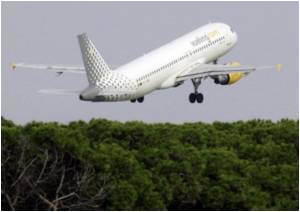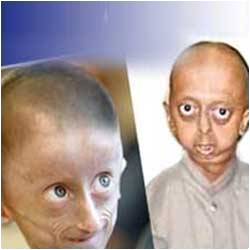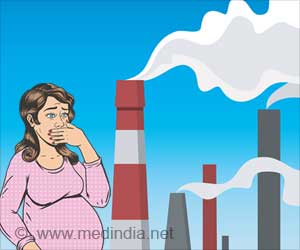Accepted measures of well-being show that human welfare is on average improving globally, both in poor countries and rich ones

Raudsepp-Hearne and her coauthors accept the findings of the influential Millennium Ecosystem Assessment that the capacity of ecosystems to produce many services for humans is now low. Yet they uncover no fault with the composite Human Development Index, a widely used metric that incorporates measures of literacy, life expectancy, and income, and has improved markedly since the mid-1970s. Although some measures of personal security buck the upward trend, the overall improvement in well-being seems robust.
The researchers resolve the paradox partly by pointing to evidence that food production (which has increased globally over past decades) is more important for human well-being than are other ecosystem services. They also establish support for two other explanations: that technology and innovation have decoupled human well-being from ecosystem degradation, and that there is a time lag after ecosystem service degradation before human well-being will be affected.
Raudsepp-Hearne and her colleagues find little reassurance about human well-being in coming decades in these conclusions, because observable effects threaten future gains in food production, and events such as floods and droughts clearly harm people within restricted areas. In general, technology provides only limited and local decoupling from ecosystem services, and "there is mixed evidence" on whether humans will become more or less able to adapt to ecosystem degradation. One factor arguing against complacency is growing evidence of "ecosystem brittleness." Raudsepp-Hearne and her colleagues urge researchers to pay more attention to how ecosystem services affect multiple aspects of well-being, ecosystem service synergies and trade-offs, technology for enhancing ecosystem services, and better forecasting of the provision of and demand for ecosystem services.
Source-Eurekalert










